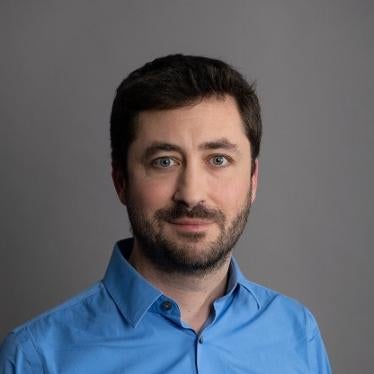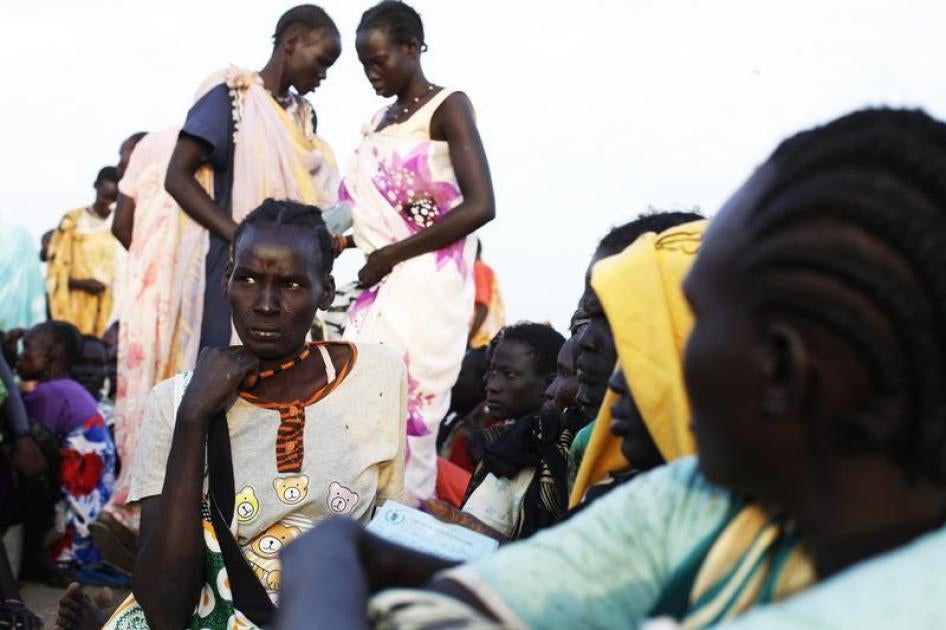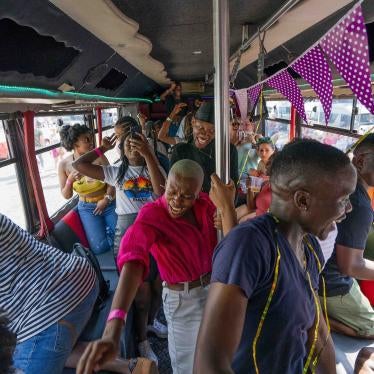Since May, tens of thousands of displaced civilians have arrived at a UN base camp in South Sudan’s Unity State, and they are still coming as the fighting between government and opposition forces continues. They are hungry, need shelter, and are afraid they will be targeted again.
People arriving there told Human Rights Watch researchers they were forced to flee after government forces burned villages, trashed aid facilities, and looted civilian property – including probably tens of thousands of cows. They also described gruesome killings, rapes, and abductions.
But discussions about the subject at the UN Human Rights Council in session until the end of this week in Geneva seem out of touch with events on the ground. Human Rights Watch and other groups have called repeatedly for the council to establish a special rapporteur – a UN expert – to focus on the situation in South Sudan. However an initiative to do that, led by the US and the UK, was revised at the end of last week. A competing African Group proposal does little more than ask the UN human rights commissioner to dispatch yet another “fact-finding” mission to the country.
We already have the facts to make it clear that a special rapporteur is needed. The former Nigerian President Olusegun Obasanjo, who headed an African Union Commission of Inquiry into abuses in South Sudan, told the Human Rights Council nine months ago that that there have been gross violations of human rights in the country. As long ago as May 2014, the United Nations Mission in South Sudan concluded that there are reasonable grounds to believe that crimes against humanity and war crimes had been committed and underscored the need for an internationally assisted justice mechanism, such as a hybrid court.
But instead of taking meaningful action it looks like the Human Rights Council may again fail to produce what South Sudanese civilians need.
What the Human Rights Council should do now is to urgently create a robust mechanism to serve as the leading voice for human rights and accountability for South Sudan. This mechanism [AR1] should not only monitor developments on the ground, but also more decisively drive the UN agenda on human rights and the UN plans for accountability forward.
The Human Rights Council may not be able to stop the violence in South Sudan. But it can make a contribution to protecting civilians by at least putting leaders responsible for grave human rights violations on notice that there will be no impunity for their crimes. Civilians will again be the ones paying the price for any further delay.








